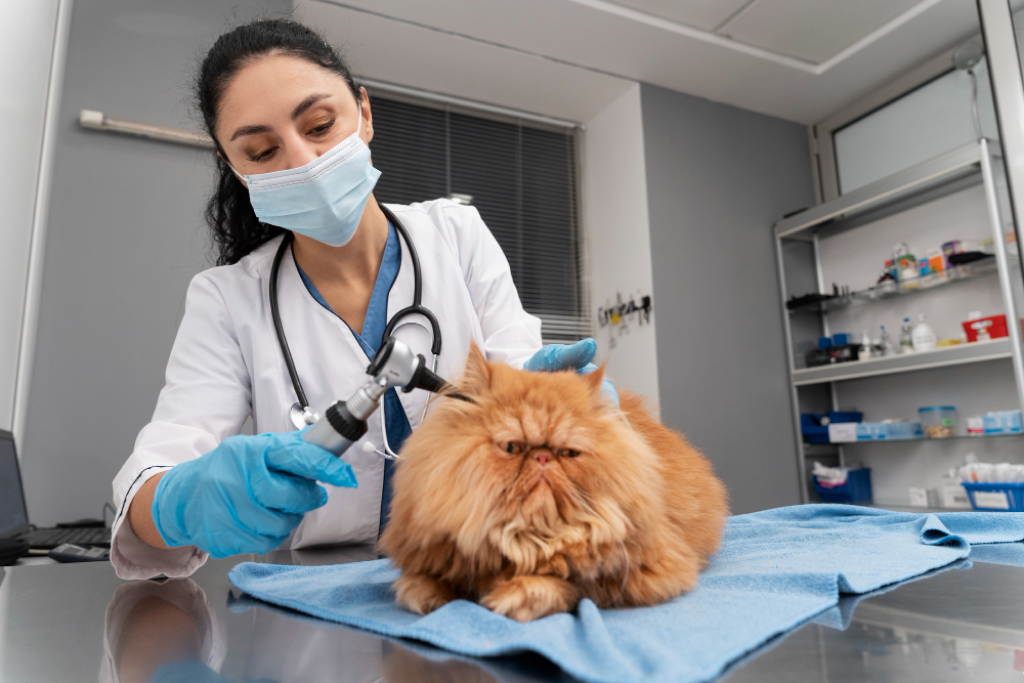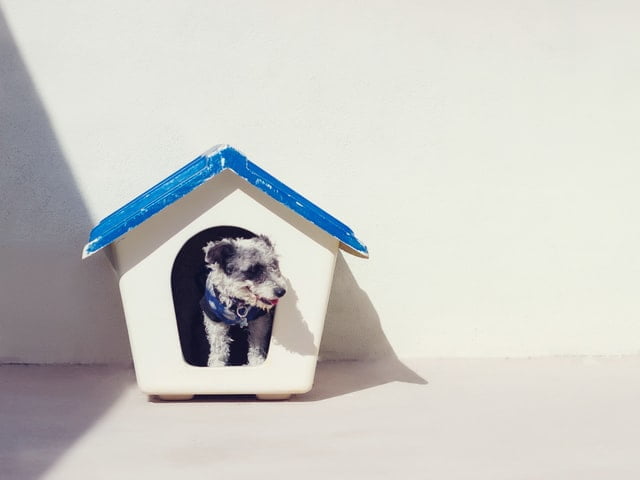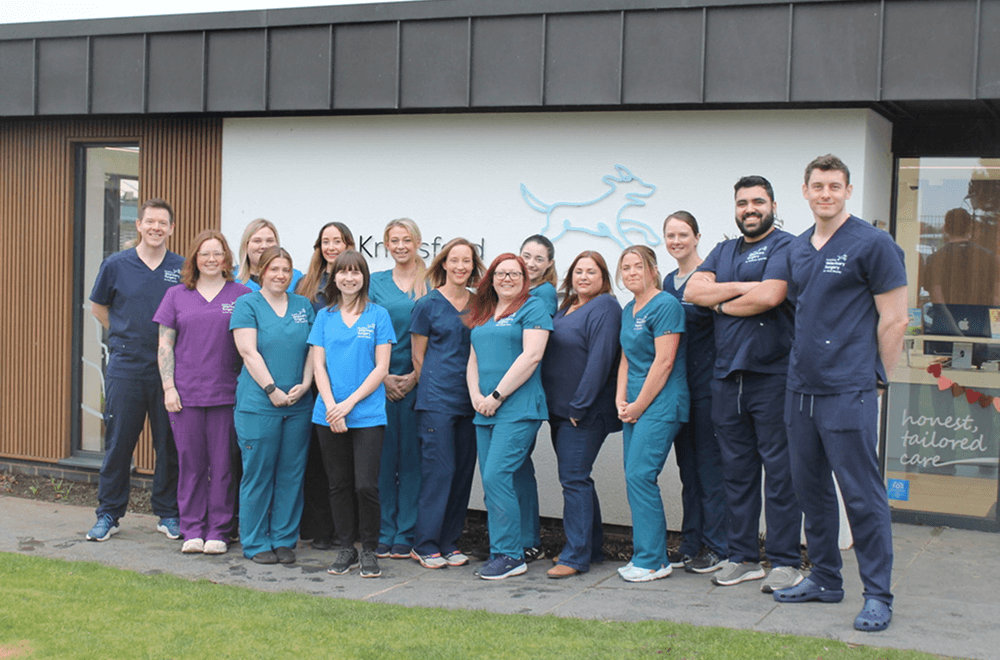Distichia, or Distichiasis, is an abnormal growth of extra hairs along the eyelid margins of pets. The condition most commonly affects dogs and tends to be a hereditary condition within certain breeds. Read on to learn more about the condition, it’s causes, symptoms and treatment options.
What is Distichia?
Distichia (also known as Distichiasis) is an abnormal development of extra hairs along the eyelids . These hairs are different to regular eyelashes and tend to grow in the direction of the eye, causing discomfort for your pet.
What animals are at risk of Distichia?
Distichia tends to be a hereditary condition, and as such, some animals are more at risk of developing it than others. Although rare, Distichia can develop in cats and rabbits. The condition is more common in dogs, however, and the following breeds are at particular risk of developing the condition:
With such breeds, we normally advise against breeding to avoid passing on the condition. Speak with your veterinarian for more information.
What causes Distichia?
The exact causes of Distichia are not known, however, it tends to be a hereditary condition and it is thought that genetic factors in the predisposed breeds are likely to be responsible.
You might find that your dog is pawing or rubbing at their eye more often, or may not be able to close their eye. It can happen in one or both eyes, but will usually develop before one or two years of age.
What are the Symptoms of Distichia?
The symptoms of Distichis depend on the severity of the case, and how many abnormal hairs are in contact with the eye. These hairs will cause a great deal of discomfort for your pet and may also cause Corneal Ulcers. You may also notice:
Increased blinking or squinting
The abnormal hairs that are in direct contact with your pet’s eye will be causing them pain and discomfort. You might notice them blinking excessively or squinting more than usual to alleviate the discomfort.
Excessive tear production
To alleviate the pain and discomfort of Distichia, your pet may begin to excessively produce tears.
Rubbing at the affected area
The discomfort of the abnormal hairs touching their eye may cause your pet to rub at the affected area.
Discharge
As well as excessive tearing, you may notice other discharges from your pet’s eye as a result of the irritation.
Inflammation
Distichia may cause redness or inflammation of the eye or the conjunctiva. Bacterial conjunctivitis can follow.
If this is a long term condition, your pet may also develop corneal scarring, hyper-pigmentation, or corneal neovascularisation (the abnormal formation of blood vessels across the surface of the cornea).
Treatment for Distichia
Treatment centres on preventing the continued production of abnormal hair growth. This can be achieved through:
- Electrolysis where a fine tip is placed into the aberrant hair follicle and then an electric current applied to permanently damage the follicle, stopping it producing further hairs. This process may need to be repeated several times. Where there are a significant number of distichia, other techniques may be considered.
- Cryotherapy where the hair follicles that produce the distichia are frozen This is performed under general anesthesia, and each area will be treated at least three times in a freeze-thaw cycle. Post-treatment, there may be some swelling in the affected area and a loss of pigmentation from the eyelid margins. Topical and oral medication will be prescribed to control the inflammation and the pigment will return over the course of a few months.
- Surgical removal
Knutsford Vets Surgery
By choosing Knutsford Vets Surgery, your pet will be in the safe hands of experienced Ophthalmologist, Dr Paul Adams. Dr Adams has years of experience treating a wide range of eye conditions, and is the perfect partner to look after your pet’s ocular health.
We welcome new patients, second options and referrals.
Our friendly team is on hand if you have any questions. Contact us on 01565 337999.





